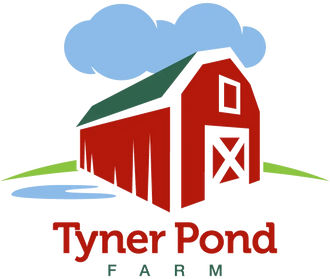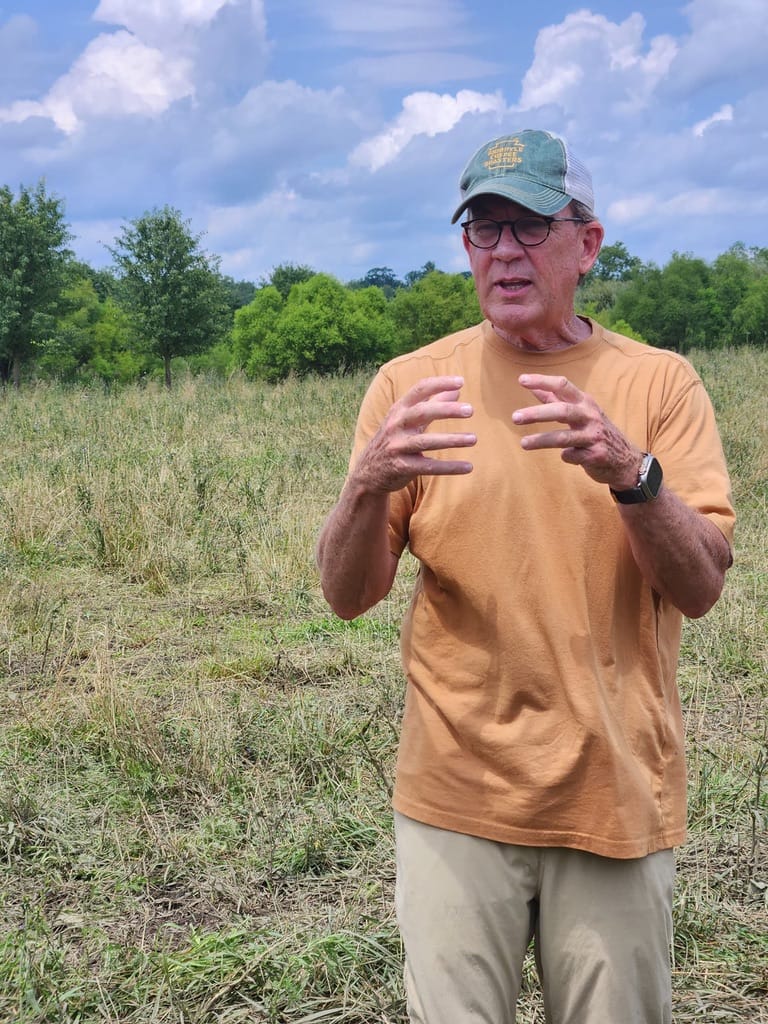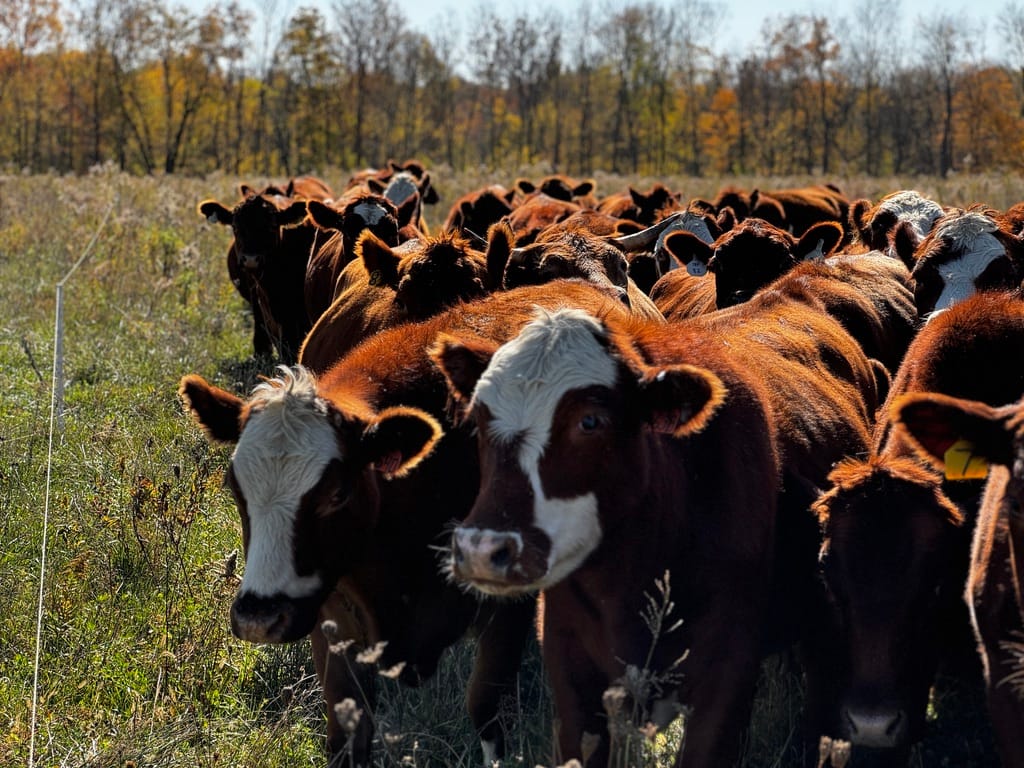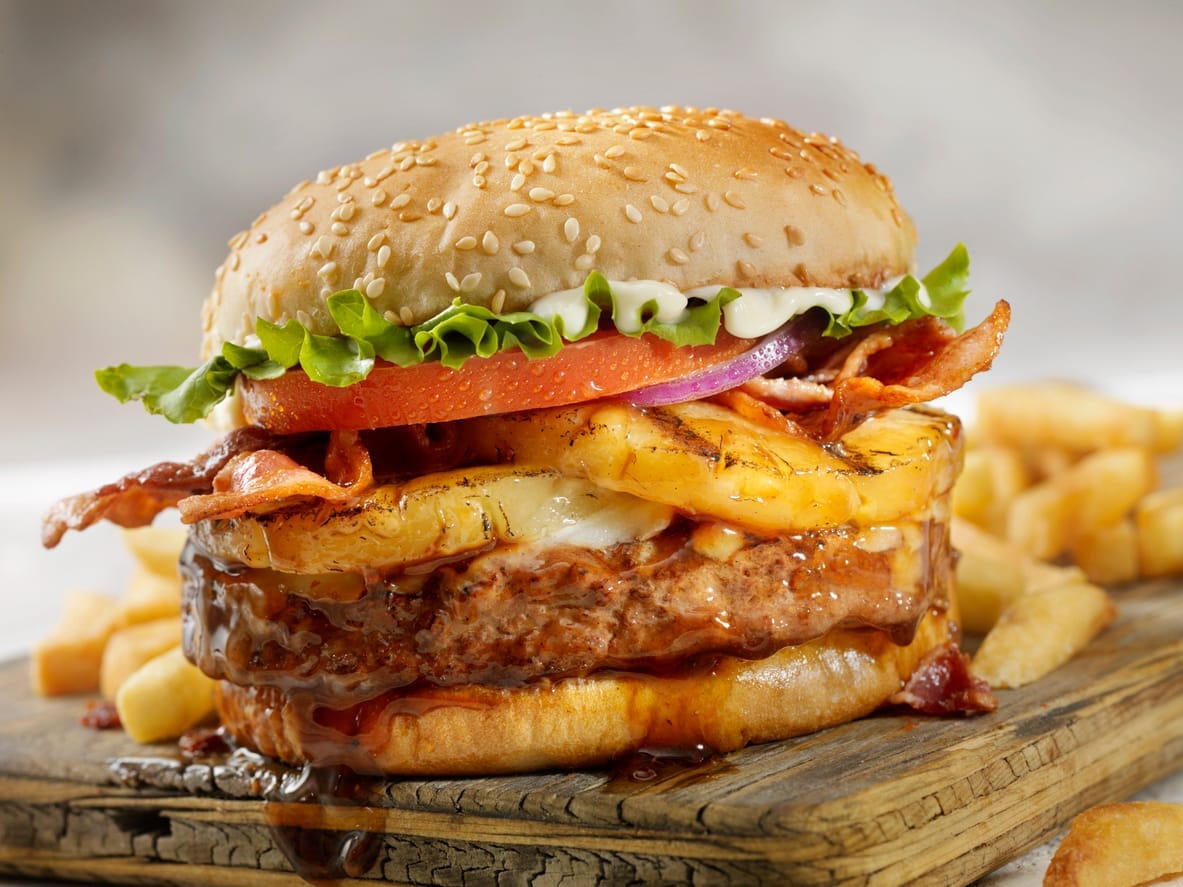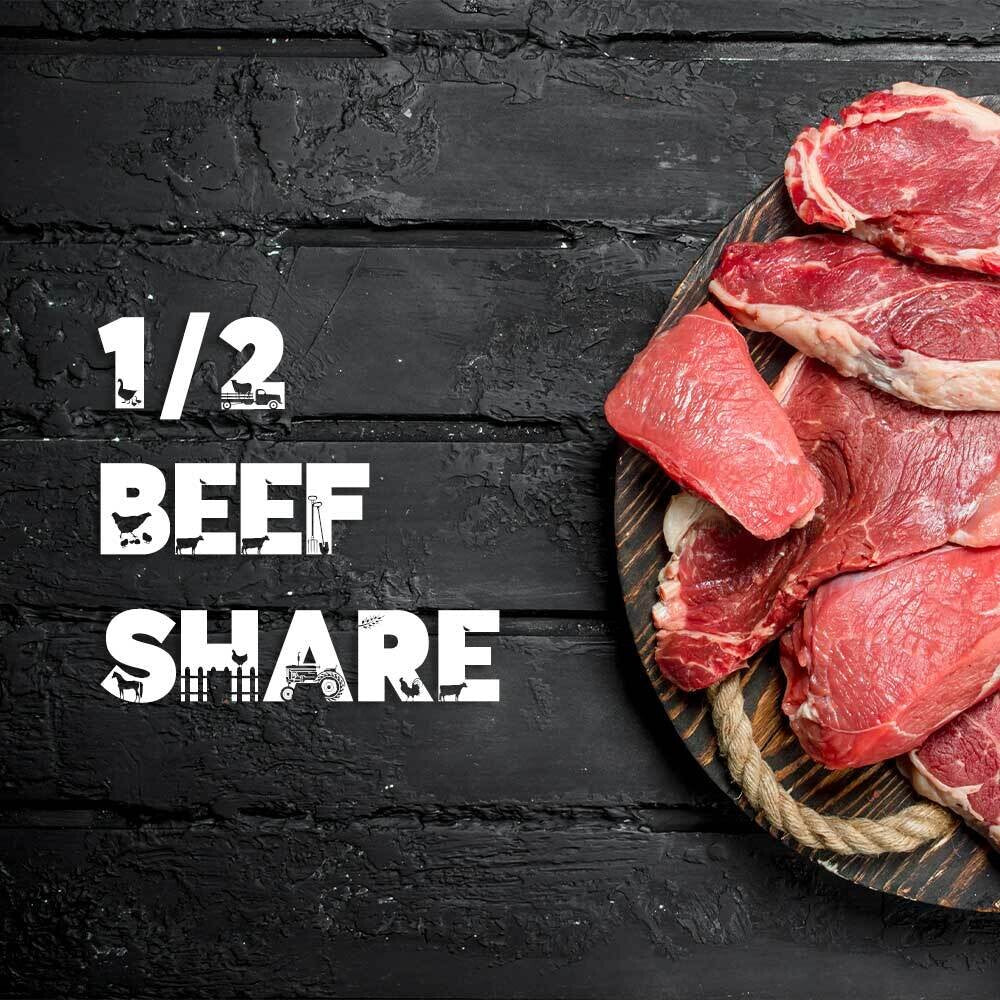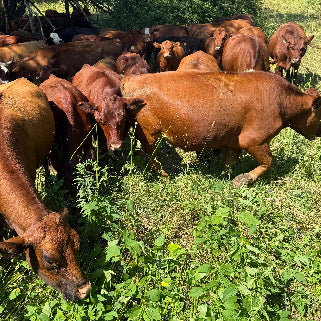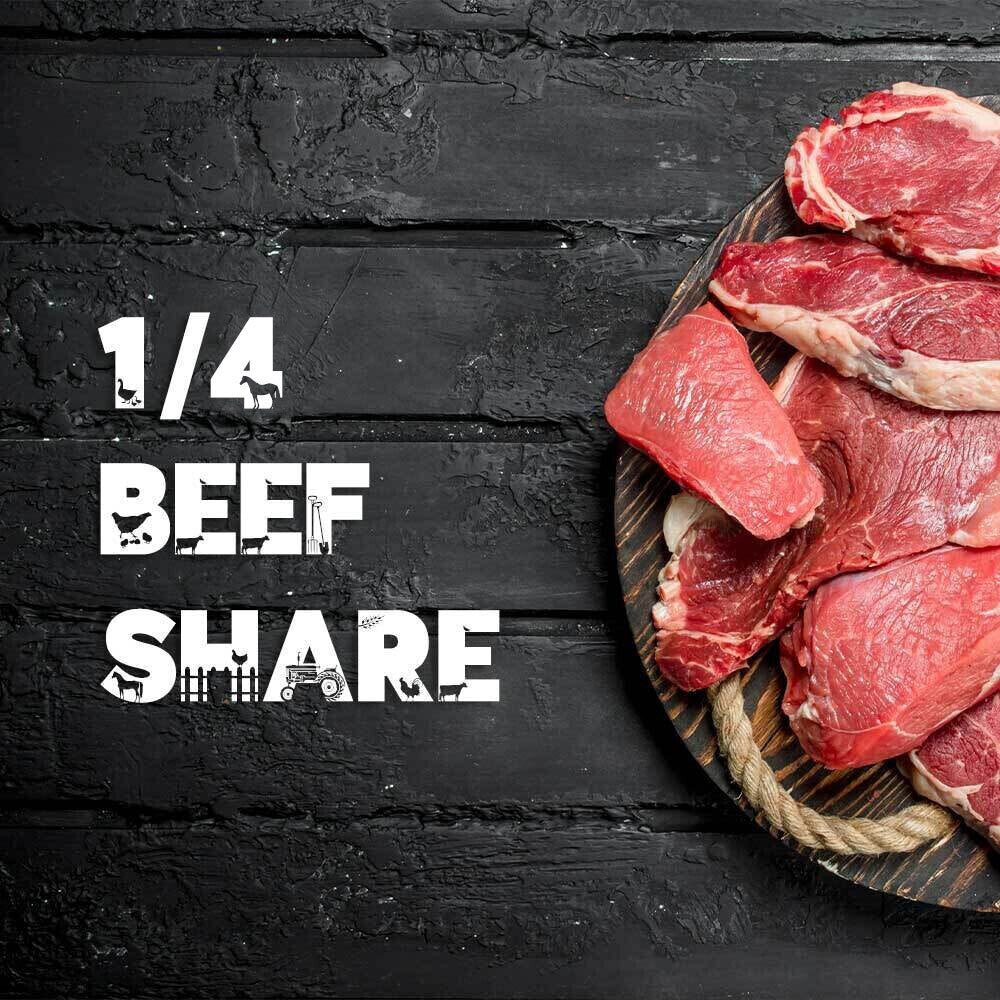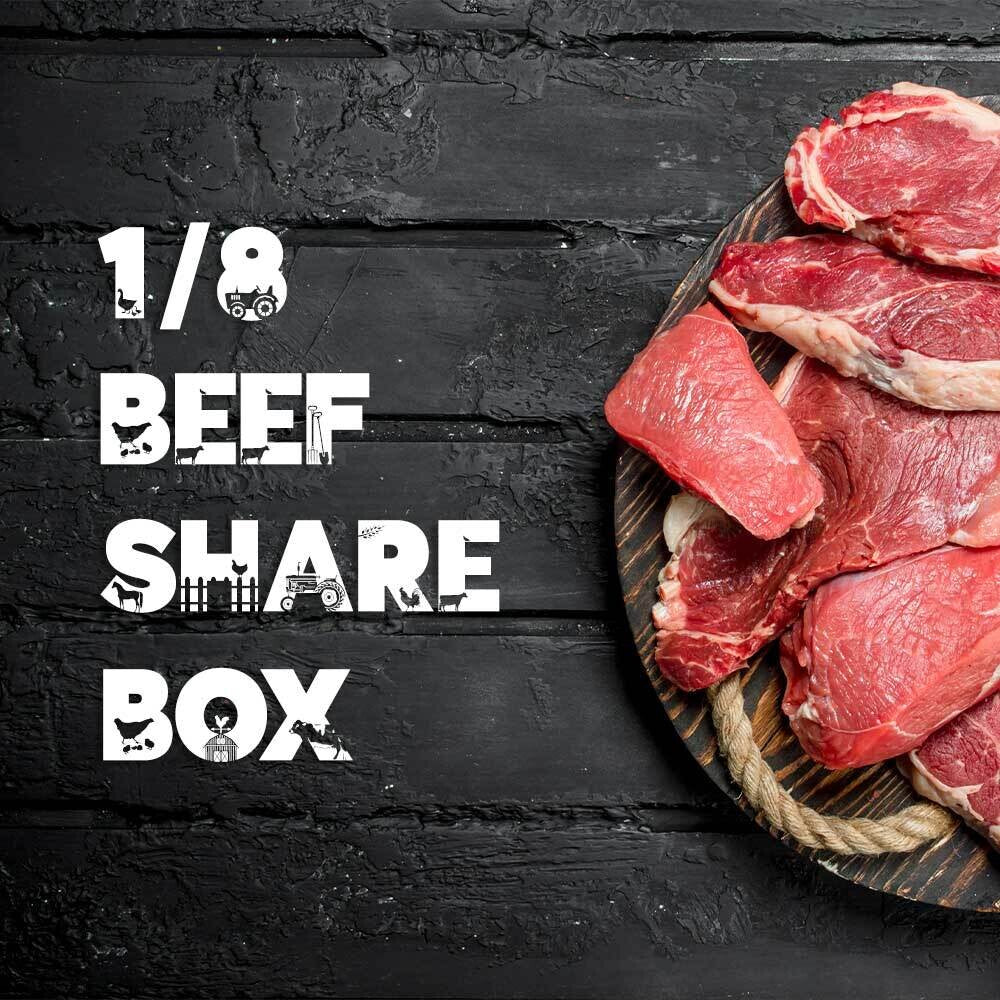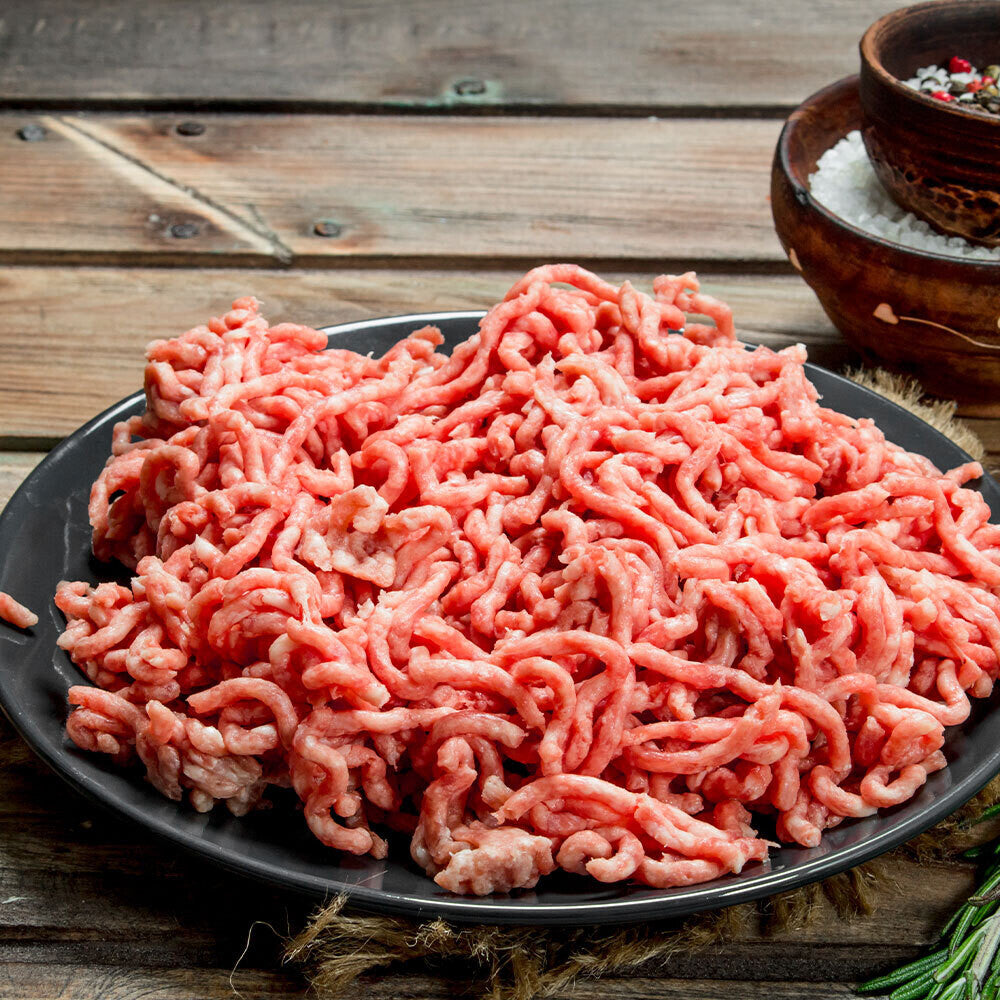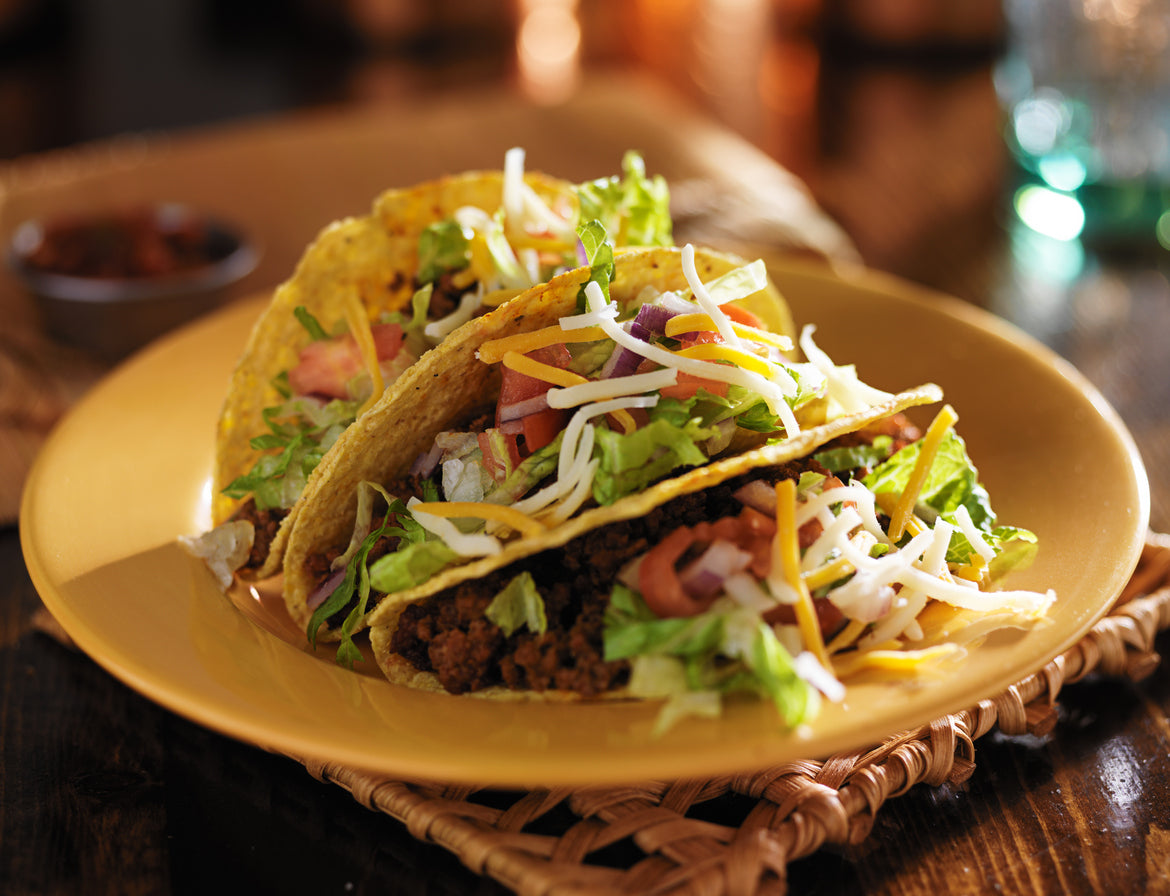
The Power and Perils of Concentration: Examining the Dangers of JBS and the Global Meat Industry
The attached graph is showing that the US cattle population has reached its lowest point ever recorded.
Is this good news or bad news?
I'll argue it's terrible news. On the surface it may look like there is some correlation to beef consumption. Stands to reason if we're eating less beef, there is less need for cattle. But the data doesn't support that conclusion
 Current trends in US Beef Consumption
US Beef Consumption is at an all time high. So continuing to look, i discovered the following from the USDA:
Current trends in US Beef Consumption
US Beef Consumption is at an all time high. So continuing to look, i discovered the following from the USDA:
 Chris Baggott of Tyner Pond Farm
Is this what we want? We are not victims with no choices. Just refuse to play in the globalized food system. American consumers can fight back simply by supporting local farmers.
Chris Baggott of Tyner Pond Farm
Is this what we want? We are not victims with no choices. Just refuse to play in the globalized food system. American consumers can fight back simply by supporting local farmers.
 Current trends in US Beef Consumption
US Beef Consumption is at an all time high. So continuing to look, i discovered the following from the USDA:
Current trends in US Beef Consumption
US Beef Consumption is at an all time high. So continuing to look, i discovered the following from the USDA:
"Imports of beef from Brazil have spiked in the last two years as U.S. demand for processing-grade beef has substantially increased. In January 2022 alone, imports reached nearly 100 million pounds—a more than 500 percent increase relative to the same month a year earlier."I'm pretty sure most of us feel like this is a disaster for Farmers & Ranchers, Rural Communities and the environment. The leading cause of deforestation in Brazil is agricultural expansion, particularly for cattle ranching and soybean cultivation. Brazil is the world's largest exporter of beef and soybeans, and these commodities have been the driving force behind deforestation in the country. Deforestation in the Amazon rainforest is a global problem with significant environmental, social, and economic consequences. We should care about it because it affects not just the region but the entire world. By taking action to address deforestation, we can help protect the climate, biodiversity, indigenous peoples, water resources, and food security for present and future generations. So why would US Consumers support this? Because our country eliminated the Country Of Origin Law. Country of Origin Labeling (COOL) was a labeling law in the United States that required retailers to inform consumers about the country of origin of certain food products, including beef. In response to a WTO ruling, the U.S. Congress repealed the COOL requirements for beef and pork in 2015, effectively ending the labeling law. This means that beef products sold in the United States no longer have to be labeled with their country of origin. So when we buy beef from grocery stores, we're not allowed to know where it was raised. Something else happened around the same time.. JBS, the Brazilian meat processing company, became a significant player in the U.S. beef industry in 2007 when it acquired Swift & Company, one of the largest beef processors in the country at the time. The acquisition, which was valued at $1.5 billion, gave JBS a major foothold in the U.S. market and made it the third-largest beef processor in the country, behind Tyson Foods and Cargill. The acquisition of Swift & Company was part of a broader strategy by JBS to expand its global presence and gain access to new markets. Prior to the acquisition, JBS had already established itself as the largest beef processor in Brazil and a significant player in the global meat industry. Since the acquisition of Swift & Company, JBS has continued to expand its presence in the U.S. beef market, making several other major acquisitions, including Pilgrim's Pride, another large meat processor. Today, JBS is the largest beef processor in the United States, with a significant market share and a presence in all aspects of the beef supply chain, from production to processing to distribution. The growth of JBS in the U.S. beef industry has raised concerns about market concentration and the impact on consumers, farmers and workers. Critics argue that the concentration of power in the hands of a few large companies like JBS can lead to reduced competition, weaker labor protections, and other negative impacts on the industry and society as a whole such as environmental abuse and government influence. JBS has faced criticism and legal action on multiple fronts, ranging from environmental concerns to worker safety and animal welfare. These issues are symptoms of a broader problem: the concentration of power and influence in the hands of a few dominant players in the industry. One of the most significant controversies surrounding JBS is its environmental record, particularly with regards to deforestation in the Amazon rainforest. In 2020, Greenpeace accused JBS of buying cattle from ranchers who had engaged in illegal deforestation, contributing to the destruction of one of the world's most important ecosystems. This not only harms the environment but also has a significant impact on the climate, as deforestation is a major source of greenhouse gas emissions. JBS has also been accused of labor abuses and failing to protect workers' safety. In the United States, JBS has been fined by OSHA for failing to provide a safe working environment for its employees during the COVID-19 pandemic. The company has been accused of putting profits over worker safety and ignoring warnings about the risks of the virus. Animal welfare is another area of concern when it comes to JBS and the meat industry more broadly. In 2018, an undercover investigation by an animal rights group revealed animal abuse and other violations at a JBS supplier farm in Australia. This highlights the potential for abuse and mistreatment when profit is the primary motivator, and there is little oversight and regulation in place.
The concentration of market power in the hands of a few large companies like JBS can lead to reduced competition, which can result in higher prices for consumers and lower prices for farmers. It can also give these companies significant influence over government policies and regulations, leading to weaker protections for workers, animals, and the environment.So it's no coincidence that a Brazilian meat company which controls the largest percentage of our beef market would hurt US farmers and ranchers in favor of importing Brazilian beef raised on land that was formerly rainforest.
 Chris Baggott of Tyner Pond Farm
Is this what we want? We are not victims with no choices. Just refuse to play in the globalized food system. American consumers can fight back simply by supporting local farmers.
Chris Baggott of Tyner Pond Farm
Is this what we want? We are not victims with no choices. Just refuse to play in the globalized food system. American consumers can fight back simply by supporting local farmers.
Tags:
Previous post
What Are PFAS Chemicals and How Do They Affect Beef?
Next post
